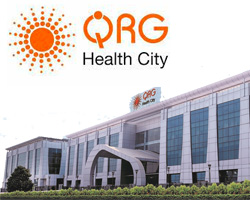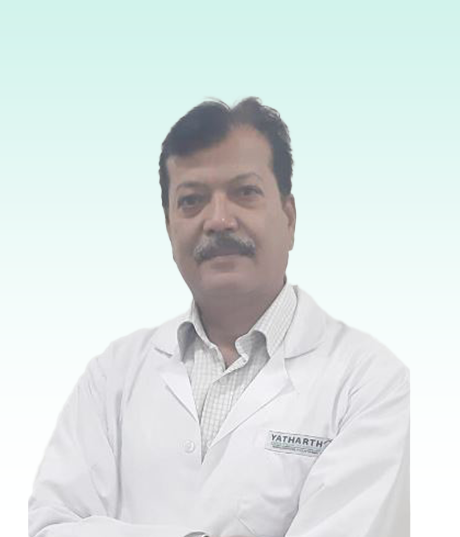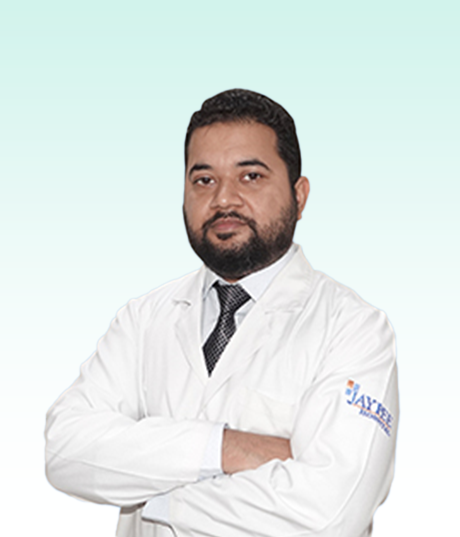Turbinate Surgery
Turbinate surgery, also known as turbinate reduction or turbinate resection, is a surgical procedure performed to alleviate nasal congestion and breathing difficulties caused by enlarged or swollen nasal turbinates. The turbinates are bony and soft tissue structures located within the nasal passages. When they become enlarged, they can obstruct airflow, leading to various nasal problems. Turbinate surgery aims to reduce the size of these structures to improve nasal airflow and overall breathing.

Who Needs Turbinate Surgery?
Turbinate surgery may be considered for individuals experiencing the following symptoms or conditions:
Chronic Nasal Congestion: Persistent nasal congestion that doesn’t respond well to medications or other treatments.
Nasal Obstruction: Difficulty breathing through the nose due to enlarged turbinates.
Sleep Disruption: Conditions like sleep apnea or snoring caused by nasal obstruction.
Recurrent Sinus Infections: When swollen turbinates contribute to chronic sinusitis or recurrent infections.
Nasal Polyps: Turbinate surgery may be performed in conjunction with the removal of nasal polyps to improve nasal breathing.
When to See a Specialist
If you are experiencing chronic nasal congestion, breathing difficulties, or any of the symptoms mentioned above that affect your quality of life, it’s advisable to see an otolaryngologist (ear, nose, and throat specialist) for an evaluation. They can determine whether turbinate surgery is a suitable option for you.
Procedure
Consultation: You’ll have an initial consultation with an ear, nose, and throat specialist. They will assess your symptoms, medical history, and may perform diagnostic tests, such as nasal endoscopy or imaging, to evaluate the extent of turbinate enlargement.
Preparation: Before the surgery, your medical team will provide pre-operative instructions, including fasting guidelines and medication management.
Anesthesia: Turbinate surgery can be performed under local or general anesthesia, depending on the extent of the procedure and your preferences.
Turbinate Reduction: The surgeon will use specialized instruments to reduce the size of the turbinates. This can involve trimming, cauterization, or removal of excess tissue. The goal is to open up the nasal passages and improve airflow.
Closure: Once the procedure is complete, the surgeon may use dissolvable or removable nasal packing to control bleeding and support the healing process.
Road To Recovery
Recovery from turbinate surgery varies from person to person but often includes:
Post-Operative Care: Following the surgery, you’ll receive instructions for nasal care, pain management, and any necessary follow-up appointments.
Nasal Congestion: Temporary nasal congestion and discomfort are common during the initial recovery period.
Gradual Improvement: Most individuals experience gradual improvement in nasal breathing over several weeks as the tissues heal.
Risk Management
Bleeding: Although rare, bleeding can occur after turbinate surgery. Follow post-operative care instructions carefully to minimize this risk.
Infection: There’s a slight risk of infection, but this can be minimized by adhering to post-operative hygiene instructions.
Benefits of Turbinate Surgery
Improved Nasal Breathing: The primary benefit is enhanced nasal airflow, leading to better breathing and potentially improved sleep.
Resolution of Chronic Symptoms: Turbinate surgery can alleviate chronic nasal congestion, sinusitis, and other symptoms that impact your quality of life.
Frequently Asked Questions about Turbinate Surgery
Is turbinate surgery painful?
Some discomfort and congestion are common after surgery, but it is typically manageable with pain medications and resolves as you heal.
How long does it take to recover from turbinate surgery?
Recovery times vary, but most individuals experience noticeable improvements in breathing within a few weeks to a couple of months.
Are there non-surgical alternatives to turbinate surgery?
Yes, non-surgical options like nasal corticosteroid sprays and other medications may be tried first. However, if these treatments are ineffective, surgery may be recommended.
Is turbinate surgery permanent?
Turbinate surgery can provide long-lasting relief, but in some cases, turbinate tissue can gradually regrow over time.
Are there any risks or complications associated with turbinate surgery?
While complications are rare, potential risks include bleeding, infection, and changes in nasal sensation. Discuss these with your surgeon during your consultation.
Treatment Plans
- Trauma & intensive care $59
- Aged Care $29
- Community Services $25
- Diagnosis & Investigation $48
- Medical & Surgical $82
- Mental Health $74
- Rehabitation $24
- Specialised Support Service $19
- Trauma & intensive care $59
- Aged Care $29
- Community Services $25
- Diagnosis & Investigation $48
- Medical & Surgical $82
- Mental Health $74
- Rehabitation $24
- Specialised Support Service $19
Treatians As The Best Choice
Treatians understand that seeking medical treatment abroad can be a daunting experience for patients and their families. That’s why the company offers end-to-end support to its clients, from the initial consultation to post-treatment care. The company provides personalized treatment plans that are tailored to meet the individual needs of each patient, and its team of dedicated professionals is always on hand to provide guidance and support throughout the entire process. Contact us at +91-7982312582, drop your email [email protected]
- Trauma & intensive care
- Aged Care
- Community Services
- Diagnosis & Investigation
- Medical & Surgical
- Mental Health
- Rehabitation
- Specialised Support Service
Service Recipient Says

Oxmox advised her not to do so, because there were thousands of bad Commas, wild Question Marks and devious.
Kolis Muller NY Citizen
Oxmox advised her not to do so, because there were thousands of bad Commas, wild Question Marks and devious.
Kolis Muller NY Citizen



















Oxmox advised her not to do so, because there were thousands of bad Commas, wild Question Marks and devious.
Kolis Muller NY Citizen